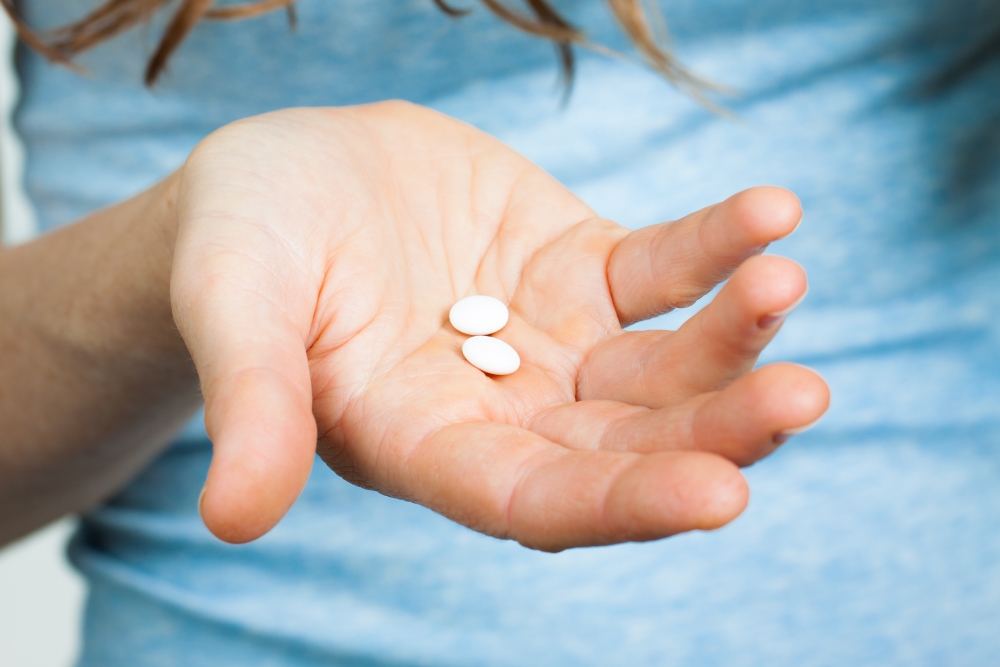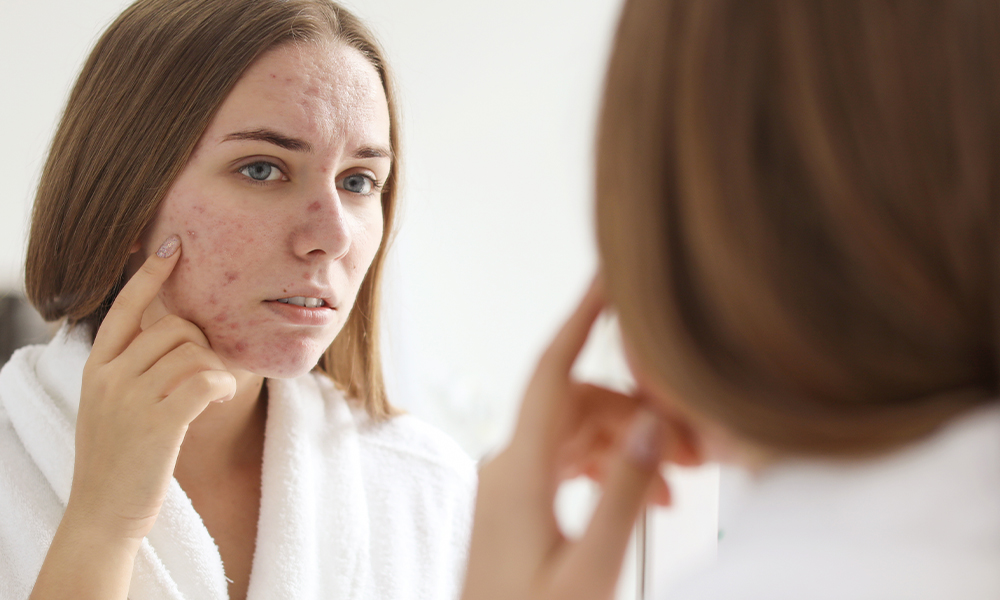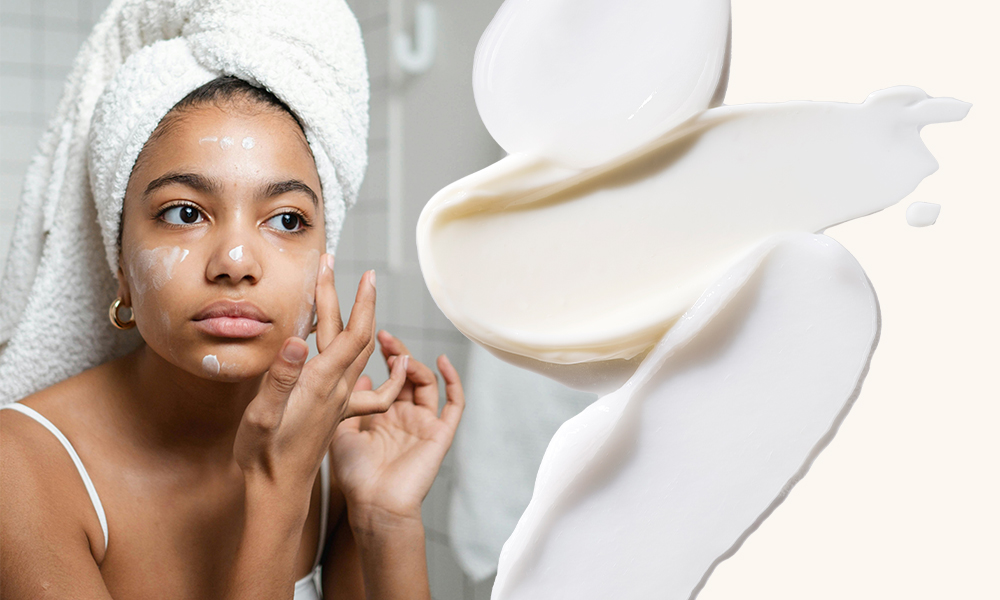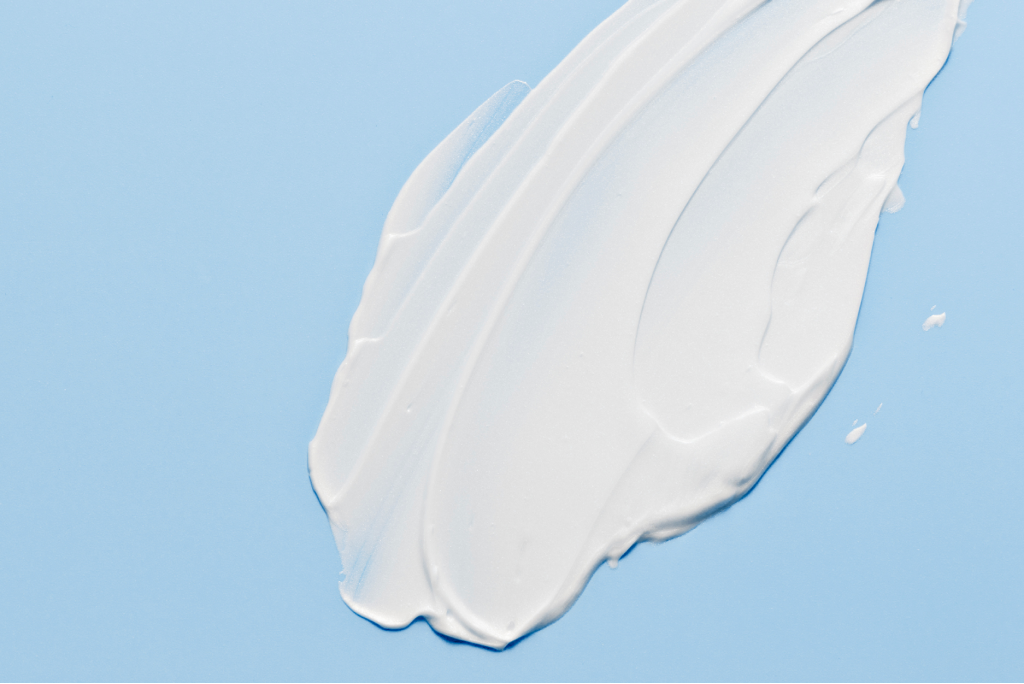Ask A Dermatologist: Do I Have Acne Or Rosacea?

Link to share article here:
Ingredient Deep Dive: Spironolactone
Another day, another acne treatment. Today, we’re looking at spironolactone, a drug used to treat hormonal acne. Though Skin + Me doesn’t offer tablet treatments for acne, we know that in some cases they can help, so we’re serving up an impartial look at this ingredient. As always, if you’re considering a tablet treatment alongside topical actives, we strongly recommend talking to your GP or a dermatologist for more information.
If you’re considering a tablet treatment alongside topical actives, we strongly recommend talking to your GP or a dermatologist for more information.
First things first, how do you know if you have hormonal acne?
We all get the odd blemish, and it’s usually nothing to be concerned about. These are things you can manage with the right blend of active ingredients, a good stripped-back routine and products that suit your skin type.
However, if your spots pop up like clockwork when your period rolls around, then you could have hormonal acne. It’s a common occurrence in women and is usually caused by sensitivity to the small quantities of androgens (male hormones) that women produce. This type of acne is a little harder to manage.
Tell-tale signs of hormonal acne include deep, painful nodules that never come to a head or inflamed cysts around your chin, jawline and mouth.
Tell-tale signs of hormonal acne include deep, painful nodules that never come to a head or inflamed cysts around your chin, jawline and mouth. Less often, your entire face, chest or back can be affected.
So, how can spironolactone help with hormonal acne?
Spironolactone works by inhibiting the body’s production of androgens, such as testosterone and also by blocking the receptors the androgens bind to. This reduces sebum production (goodbye to oily skin and clogged pores), fewer comedones (blackheads and whiteheads, be gone!), and less inflammation, swelling and redness. If you also experience excess facial hair growth, spironolactone also potentially helps this.
Once assessed and prescribed by your GP, you’ll take their recommended dose and you may see results within a few weeks – research shows that your skin’s oil production will slow down, decreasing the likelihood of pesky breakouts.
What are the side effects of spironolactone?
Consultant Dermatologist, Dr Ben Esdaile explains some of the side effects of spironolactone “If you’re not on the pill, you may experience irregular periods. Other common side effects include nausea and diarrhoea as well as headaches. Breast tenderness is also often reported. Your body can adjust to these side effects in time, and can ease if you’re taking the pill.”
Other possible side effects of taking spironolactone include dizziness and fainting. Spironolactone is a diuretic, which means you might find yourself popping to the bathroom more often. It can affect your potassium and sodium levels and some people will need these monitored, especially if taking other medications.
Dr Ben explains, “You may also see a warning about breast cancer in the information that comes with the medication. This warning was included after researchers gave animals very high doses of spironolactone and some of the animals developed breast cancer.”
“This is still a controversial aspect of the treatment, and the possibility that this medication increases a woman’s risk of getting breast cancer has not been confirmed by researchers.” Any concerns about side effects should be raised with your GP.
Is spironolactone right for me?
This is up to your GP or Dermatologist, they’ll assess the severity of your acne and the impact your hormones have on your skin.
Additionally, if you haven’t responded to other acne treatments or your acne recurs once you’ve finished a different treatment, your GP may prescribe spironolactone. You’ll need to make your GP aware of your medical history and you may need to take a blood test to determine if spironolactone is right for you.
A note on neutrality
As mentioned previously, Skin + Me doesn’t offer spironolactone treatments (or any kind of oral acne treatments) but we’re committed to giving you the facts and putting you in control of your skin’s journey to health and happiness.
It goes without saying that your GP is the best person to discuss this with before you make any changes. If you start an oral treatment while using your personalised solution, remember to let your Prescriber know.
Medical facts checked by Dr Ben Esdaile.
New to Skin + Me? Get your first month of personalised skincare for £4.99 with promo code DOSE – complete our quick consultation here.
Looking for a routine refresh? Add the Dream Routine to your Skin + Me subscription.
In need of a restock? Head to The Skincare Shop for one-off purchases of your Routine Essentials.



